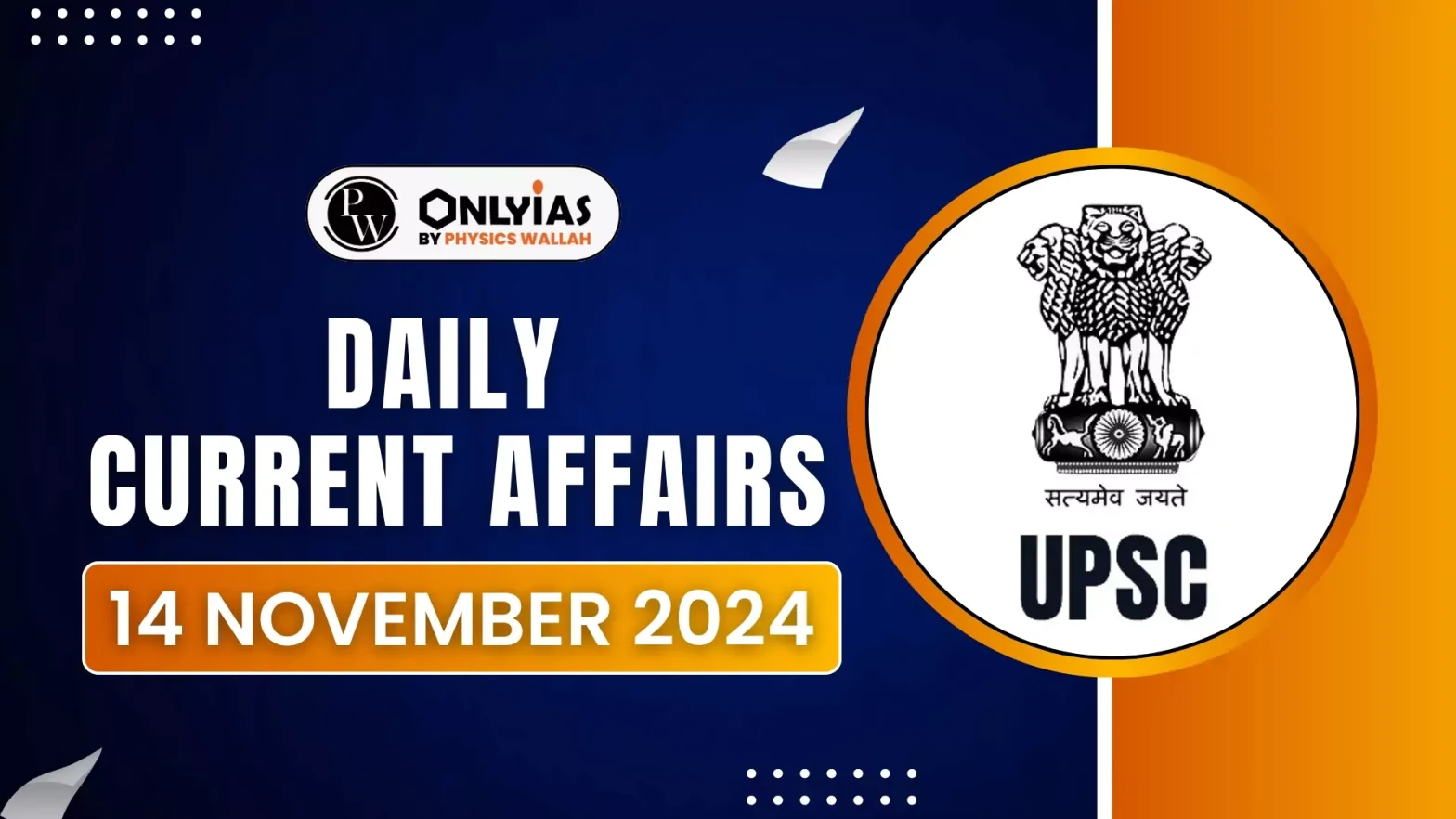The Union Environment Ministry has notified the Water (Prevention and Control of Pollution) (Manner of Holding Inquiry and Imposition of Penalty) Rules, 2024, which take effect immediately.
Key Highlights of the New Rules
- Decriminalization of Offences and Focus on Penalties: It decriminalized violations, replacing criminal charges with penalties for contraventions.
- Exemption for non-polluting Industry:“White” category industries, deemed non-polluting, are now exempt from obtaining prior permission under the Act to set up and operate.
- Role of Appointed Adjudication Officers: The amendments authorise the government to appoint officers responsible for adjudicating violations and determining penalties.
- The adjudicating officer must hold a rank not below that of a joint secretary or secretary to the state government.
- Authority to File Complaints: Authorised officers from the Central Pollution Control Board (CPCB), State Pollution Control Boards (SPCB), Pollution Control Committees, and Integrated Regional Offices of the Ministry of Environment, Forest and Climate Change may file complaints regarding violations under the Act.
- Relevant Sections for Violations : Sections 41, 41A, 42, 43, 44, 45A, and 48 which primarily relate to the release of industrial pollutants and effluents.
Enroll now for UPSC Online Classes
About the Water Prevention and Control of Pollution Act, 1974
- Objective: To prevent and control water pollution by regulating pollution sources and ensuring water quality standards.
Water (Prevention and Control of Pollution) Cess Act, 1977
- Authority to Impose Cess: The Act empowers the Central Water Board to impose a cess (a type of tax) on water consumption by individuals, industries, and other entities.
- Revenue from cess and consent fees constitutes a major source of funding for the Central and State Water Boards.
- Amendments and Incentives for Compliance: In 1991, the Act was amended to introduce rebates for industries that comply with specified water consumption and effluent quality standards, encouraging better pollution control practices.
|
- Applicability: Initially applied to 15 states and Union Territories.Other states can adopt it through a resolution under Article 252 of the Constitution.
- Currently it is applicable in 25 States and UTs
- Regulatory Bodies:
- Central Pollution Control Board (CPCB): Oversees national water pollution control efforts.
- State Pollution Control Boards (SPCBs): Implement pollution control measures at the state level.
Key Provisions of the Water (Prevention and Control of Pollution) Act, 1974
- Prior Approval: Industries must obtain prior permission from the respective State Board before setting up operations.
- Information Collection: Boards collect data on water pollution sources and levels.
- Guidelines and Directives: Boards issue guidelines and directives to control pollution.
- Regulation of Activities: Boards regulate activities that impact water quality.
Check Out UPSC NCERT Textbooks From PW Store
Prohibitions and Penalties
- Prohibits the discharge of sewage or industrial effluents into water bodies.
- Imposes penalties for violations of the Act.
- It empowers regulatory bodies to monitor, regulate, and enforce pollution control measures, ensuring the protection of water resources for future generations.
Additional Reading: Water Act 2024 Amendment
![]() 14 Nov 2024
14 Nov 2024
